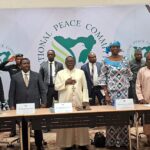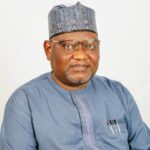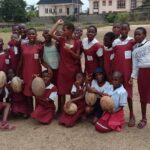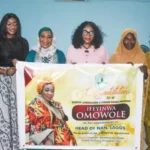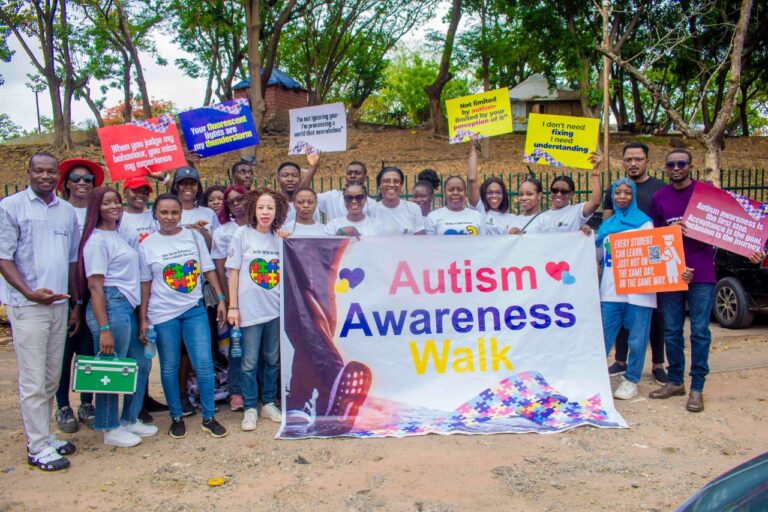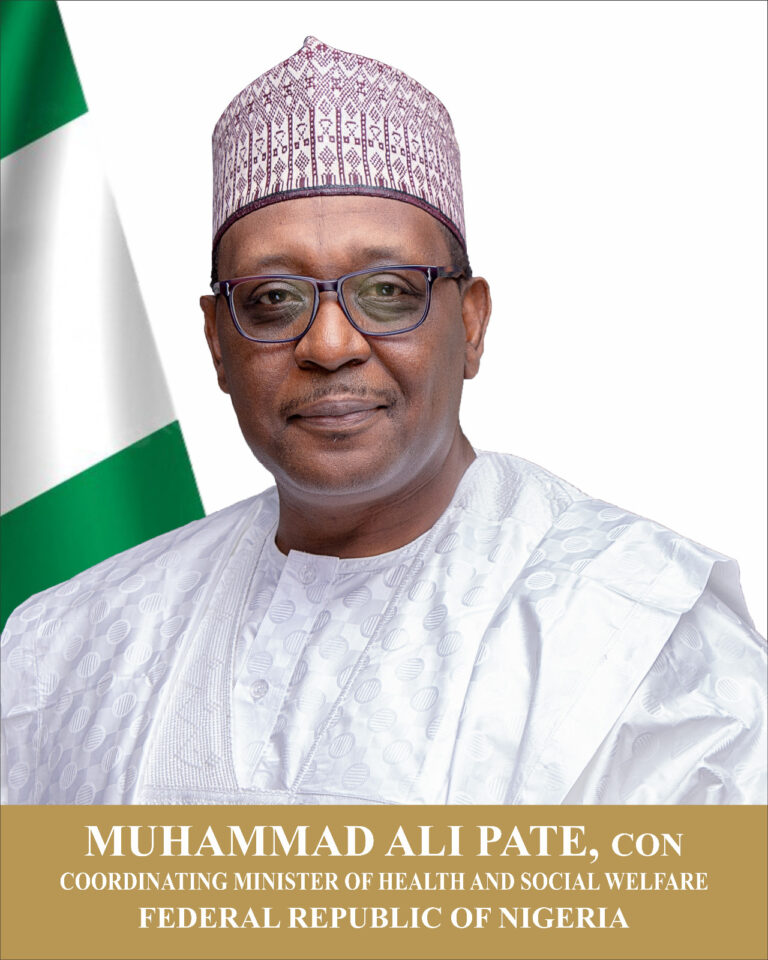WHO issues new recommendations to end rising “medicalised” FGM
By Franca Ofili World Health Organisation (WHO) has called for urgent measures “to curtail rising medicalisation of Female Genital Mutilation (FGM)” and to engage health workers to prevent the practice. The world body made the call in a new guideline published on April 25. According to it, while the healthContinue Reading





